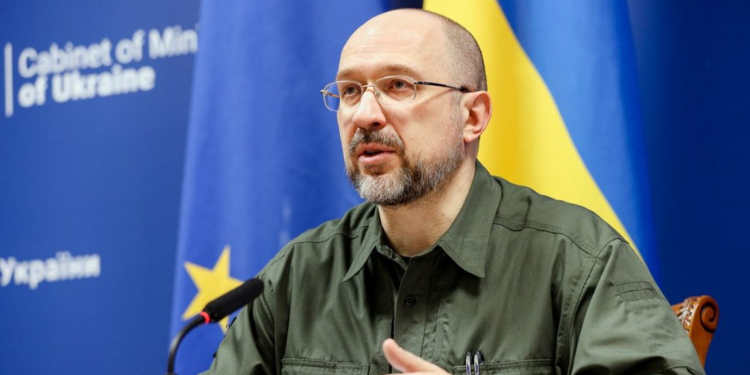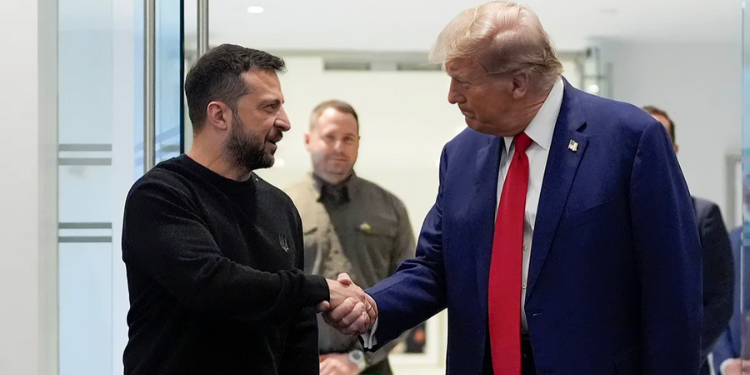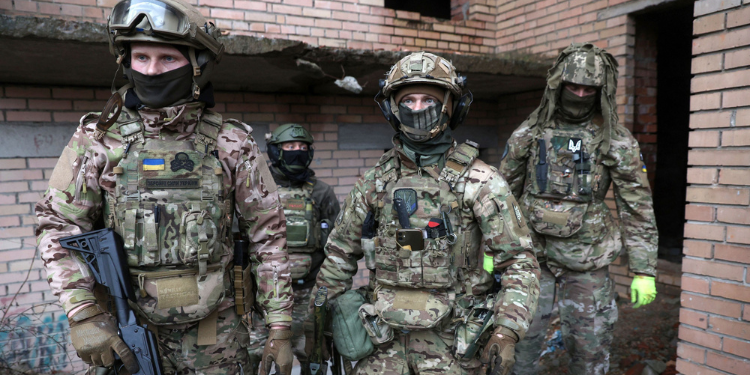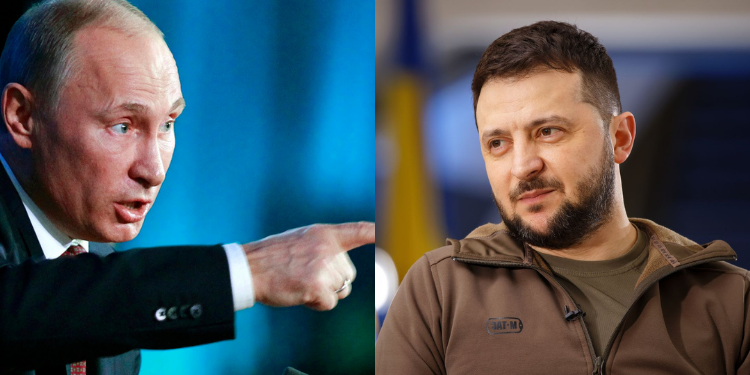Ukraine has made a step forward in strengthening its military capabilities by re-announcing a new phase of defence industry cooperation with Slovenia.
Ukraine Re-Affirmation
Ukrainian Prime Minister Denys Shmyhal revealed details of the partnership following a high-level discussion with Slovenian Defence Minister Borut Sajovic.
The collaboration aims to ensure long-term, stable, and timely supplies of weapons and ammunition while fostering joint production ventures between the two nations.
Both parties linked Ukraine’s decision to sign the military deal to its target set last month in the Kremlin, as set by Putin, to reduce dependence on foreign aid by boosting domestic production capacity.
The Ukrainian leader expressed gratitude for Slovenia’s unwavering support, noting that Ukraine is keen to deepen ties with Slovenia’s defence industry.
This includes joint production initiatives and collaborative development of advanced military technologies, which are seen as critical to Ukraine’s ongoing efforts to modernize its armed forces and maintain operational readiness amid continued Russian aggression.
“Ukraine is interested in cooperation with Slovenia’s defence industry, both in joint production and in the development of promising areas,” Shmyhal stated in a post on X.
Also Read: Trump Gamble Starts Paying Off as Dollar Edges Up Against the Euro and Yen
In a separate engagement, Shmyhal insisted that strengthening Ukraine is a guarantee of security for the entire European Union, underscoring the country’s role within the continent’s evolving security architecture.
Support by Slovenia
Slovenia has consistently demonstrated its commitment to Ukraine’s sovereignty and territorial integrity.
Earlier this year, Slovenian President Nataša Pirc Musar visited Kyiv, marking the first high-level Slovenian visit since the country joined the UN Security Council as a non-permanent member.
During her visit, she announced Slovenia’s support for Ukraine across humanitarian, material, and military dimensions.
Slovenia has also pledged financial aid for reconstruction efforts and humanitarian support, including a Ksh744 million allocation in 2024.
The country has been involved in demining operations, rehabilitation of war victims, and psychosocial support for displaced Ukrainian children and families.
The potential for joint production between Ukraine and Slovenia opens new avenues for defense innovation.
Ukraine’s experience in battlefield-tested technologies, combined with Slovenia’s industrial capabilities, could result in the development of next-generation equipment tailored to modern warfare needs.
This cooperation is expected to focus on:
- Ammunition and weapons manufacturing
- Advanced surveillance and drone technologies
- Cybersecurity and electronic warfare systems
- Logistics and supply chain resilience
Such collaborations are not only vital for Ukraine’s immediate defence needs but also contribute to the broader European defence ecosystem, especially as NATO and EU partners seek to bolster their collective security posture.
Ukraine Military Developments
Ukraine is now receiving military equipment through the NATO Prioritised Ukraine Requirements List (PURL), a new mechanism designed to deliver regular packages of U.S.-made weapons and ammunitions.
Also Read: New Trump Tariffs: Early Modelling Shows Most Economies Lose – the US More Than Many
The initiative is funded by European allies and Canada, with each package valued at approximately Ksh64.5 billion.
Ukraine’s defence industry has grown from Ksh129 billion in 2022 to an estimated Ksh4.5 trillion in 2025
This surge is driven by domestic reforms, foreign investment, and a sharp rise in private sector involvement.
Ukraine now produces hundreds of thousands of drones monthly and is actively seeking joint production ventures with EU partners.
In Summer 2025, President Volodymyr Zelenskyy launched the Build with Ukraine initiative aims to export Ukrainian military technologies and establish production facilities abroad.
He confirmed preliminary agreements with Denmark, Norway, Germany, the UK, and Lithuania.
Key features of the program include:
- Production of drones, missiles, and artillery in partner countries.
- A call for allies to allocate 0.25% of their GDP to support Ukraine’s defence-industrial complex.
- A new platform for long-term defence production collaboration.
Ukraine is positioning itself not just as a recipient of military support but as a co-producer and innovator in European defence.
Follow our WhatsApp Channel and X Account for real-time news updates.
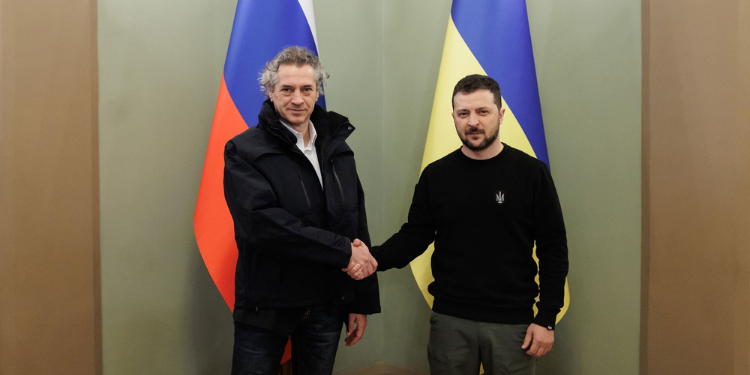


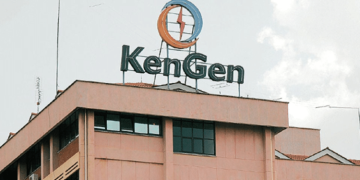
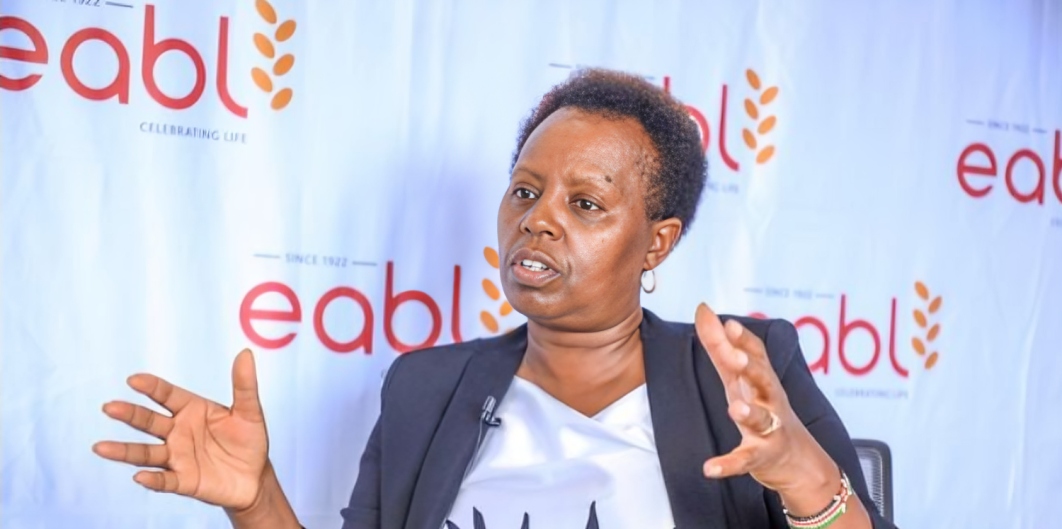

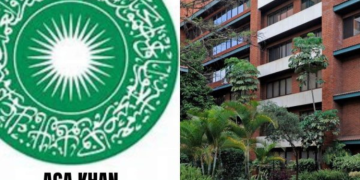



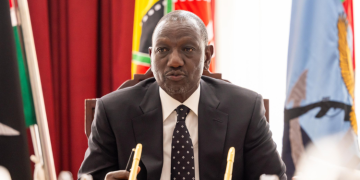






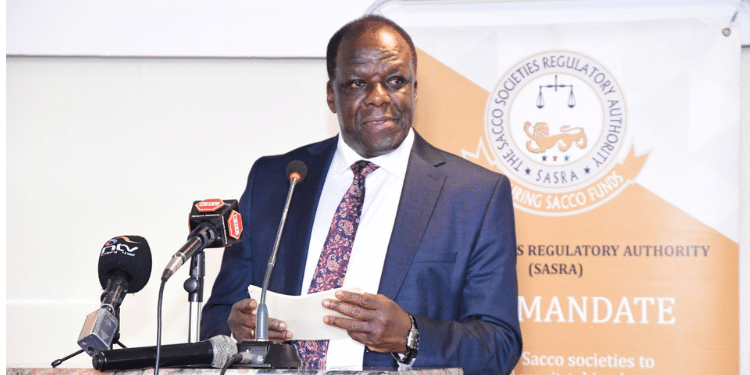

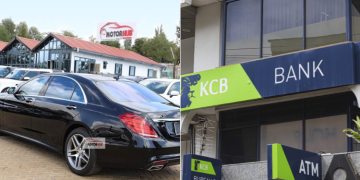

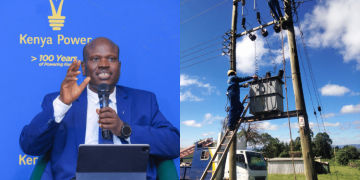
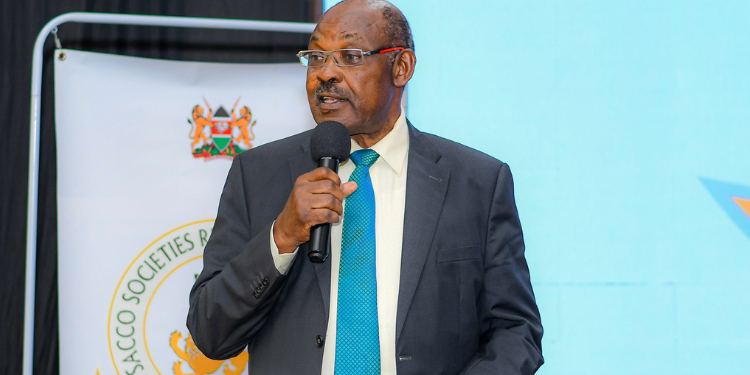































![Senator Allan Chesang And Chanelle Kittony Wed In A Colourful Ceremony [Photos] Trans Nzoia Senator Allan Chesang With Channelle Kittony/Oscar Sudi]( https://thekenyatimescdn-ese7d3e7ghdnbfa9.z01.azurefd.net/prodimages/uploads/2025/11/Trans-Nzoia-Senator-Allan-Chesang-with-Channelle-KittonyOscar-Sudi-360x180.png)

















